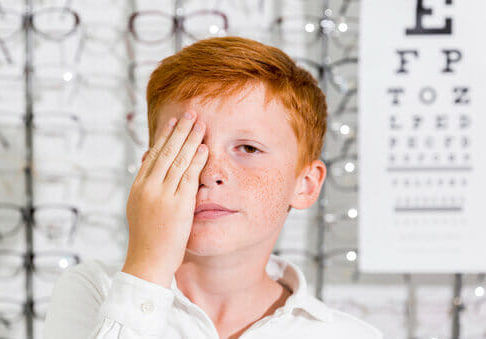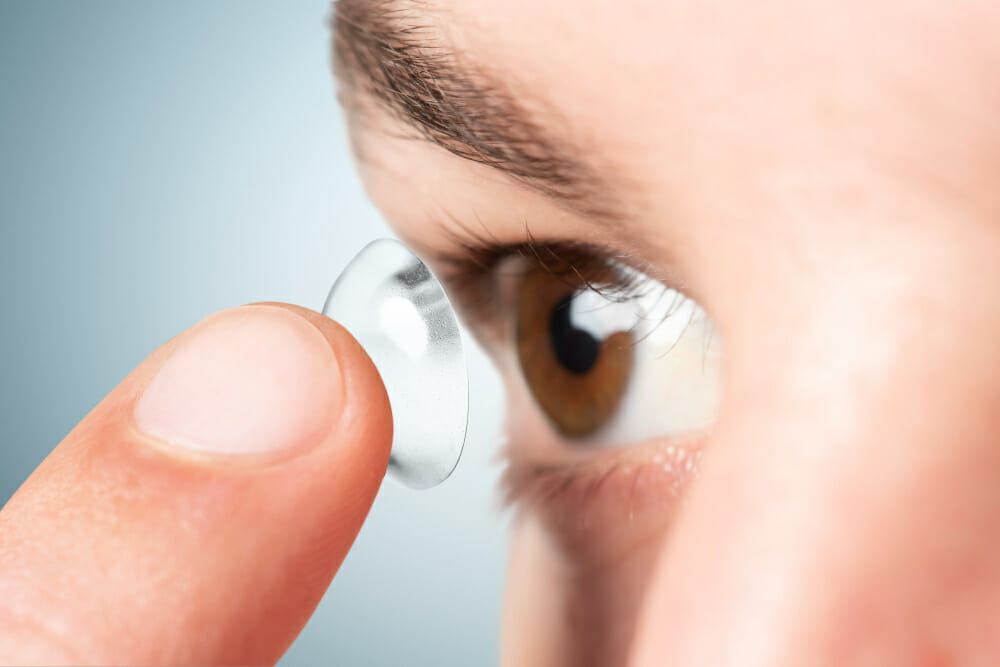Motion sickness can be debilitating and affect people's daily activities. Symptoms such as dizziness, nausea, car sickness, and balance problems can be due to a communication problem between the eyes and the inner ears. This problem can be caused by issues with the vestibular system and vision. In this blog, we will discuss the role of vision in motion sickness and how vision therapy can help alleviate these symptoms.
The Importance of Vision and Vestibular Systems
Our eyes and ears need to work together in a one-to-one ratio. They need to move together, whether it is in the same direction or the opposite direction. When our eyes and ears are not communicating well, we can experience motion sickness symptoms. 67% of people experience motion-based symptoms to some degree, and for some people, it can be severe and debilitating.
The vestibular system is located in our inner ears and provides information on balance and movement. The system consists of fluid and little crystals that help us feel changes in motion. When we tilt our heads, the fluid in our ears moves and becomes imbalanced, and our inner ears feel the change and send a signal to our brain to get back to balance. When the vestibular system is stimulated, our inner ears send a signal to our brain, which sends a signal to our eyes to move correspondingly.
Visual Vestibular Integration Problem
Sometimes, the problem is purely vestibular, but many times, it is a vision problem or a visual vestibular integration problem. Our eyes and ears need to see and feel the same thing to avoid motion sickness symptoms. Peripheral vision plays a crucial role in this process. It helps us see motion in the same way that our inner ears feel the motion.
Proprioception is another sensory system that helps with balance. Our feet feel the ground, and we see a level surface, which helps our brain make informed decisions about where our body is in space. When there is a mismatch between these systems, we can experience dizziness, nausea, and other symptoms.
Take Our Online Vision Skills Quiz
Take our online visual skills assessment to help identify if you have symptoms that indicate an underlying vision problem /vision-therapy-specialty/vision-and-learning-quiz/
How Neuro Optometry and Vision Therapy Can Help With Motion Sickness
Vision therapy is a type of therapy for the eyes and brain that can be used to improve various visual conditions and skills. While it is not typically used as a primary treatment for motion sickness, it may be helpful in some cases.
Motion sickness is caused by a conflict between the visual and vestibular (inner ear) systems, which can be exacerbated by certain visual factors such as focusing on a fixed object, reading in a moving vehicle, or using screens with refresh rates that are not synchronized with the motion of the vehicle.
Vision therapy can help to address some of these visual factors by improving eye tracking, focusing, and convergence skills, as well as reducing sensitivity to motion and visual stimuli. By improving the efficiency and coordination of the visual system, it may be possible to reduce the frequency and severity of motion sickness symptoms in some individuals.
However, it is important to note that not all cases of motion sickness are related to visual factors, and vision therapy may not be effective for everyone. If you are experiencing frequent or severe motion sickness, it is best to consult our neuro optometrist who can help determine the underlying cause and recommend appropriate treatment options.
Common Symptoms of Motion Sickness
Motion sickness is a common condition that can cause a range of uncomfortable symptoms. Some of the most common symptoms of motion sickness include:
- Nausea
- Dizziness
- Vomiting
- Sweating
- Headache
- Fatigue
- Loss of appetite
- Pale skin
- Rapid breathing
These symptoms can be caused by a variety of factors, including motion, such as riding in a car, boat, or airplane, and sensory input, such as reading or watching a movie while in motion. While some people may only experience mild symptoms, others may have severe and debilitating reactions. It's important to recognize the signs of motion sickness and take steps to manage symptoms to avoid further discomfort.
Schedule a functional vision exam at PRACTICENAME
If you or someone you know struggles with motion sickness, dizziness, nausea, or balance problems, consider visiting , who provides advanced neuro optometry and vision therapy. A functional vision exam can help determine if there is a vision problem contributing to the symptoms. Please call at 111-222-3333 to schedule a functional eye exam.
Patients with motion sickness visit our clinic from all over STATE, and we are proud to be a leading provider of functional vision services for patients from CITY, SECONDARY1, SECONDARY2, and SECONDARY3.




